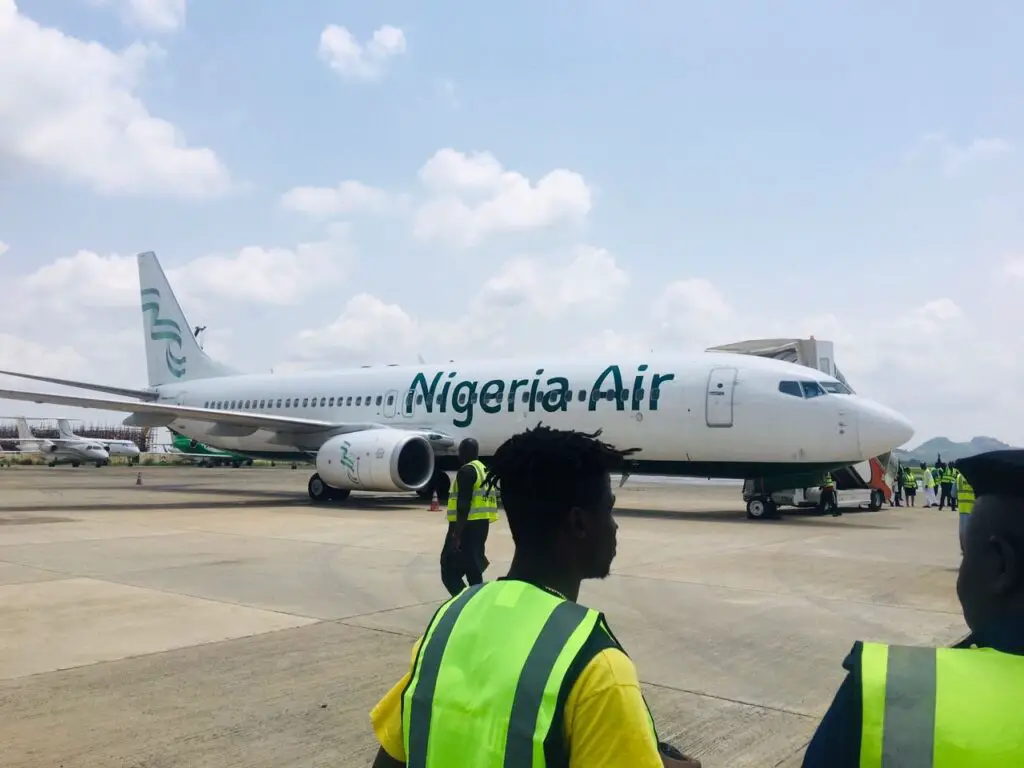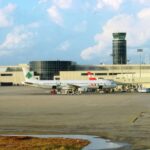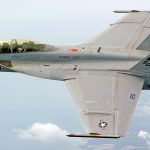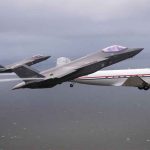The first aircraft to be part of the Nigeria Air fleet arrived at Nnamdi Azikiwe International Airport (ABV) in Abuja last Friday, 26 May.
The aircraft, an eleven-year-old Boeing 737-800, is currently operating under the ET-APL registration for Ethiopian Airlines, which last year endorsed the financial and operational aspects of the project. However, it is already sporting the livery of the proposed new national carrier of Nigeria.
For now, the regulatory authority denies Nigeria Air an air operator’s certificate
However, it emerged last Sunday that Nigeria Civil Aviation Authority (NCAA) denied an air operator’s certificate (AOC) to Nigeria Air, and the aircraft returned shortly after to Ethiopia, from where it had departed.
Other operators welcomed the decision. They had previously filed a lawsuit, arguing that approval without due process would have negative consequences for the airline business. In this regard, they argue that they are not concerned about the ownership structure of Nigeria Air, but about compliance with the stipulated processes.
Nigeria, Africa’s most populous country, is a large market with more than a dozen active operators and good growth prospects for the near future.
Aviation Minister Hadi Sirika had declared that the airline would start operations before May 29, inauguration date of the new administration headed by President-elect Bola Ahmed Tinubu.
Despite the regulator’s decision, the official stood firm on his promise and attended the welcoming ceremony for the aircraft, the first of 35 planned. During the ceremony, he remarked that the new company would be a key part of the country’s airline business dynamics.
However, Sirika’s plans cannot yet be realised. With a new government in place, the next few weeks will be key in defining the future of Nigeria’s national airline.
Ethiopian Airlines’ investments in other African carriers
In recent years, Ethiopian Airlines has invested in the creation and revival of several African airlines, working in partnership with various governments.
ASKY Airlines, based in Lomé, Togo, was its first project. The company was founded in 2008, six years after Air Afrique, once the largest carriers in West and Central Africa, ceased operations. It currently owns 40% of its shares.
In 2013 it initiated a project to revive Air Malawi, which had ceased operations due to its financial problems. Forty-nine per cent of the company’s shares were acquired by Ethiopian Airlines and a year later its name was changed to Malawian Airlines. In fact, the same Boeing 737-800 that would join Nigeria Air operated for the latter between February 2014 and August 2015.
In 2018, the Ethiopian company signed a strategic partnership with the Zambian government to help revive Zambia Airways, which ceased operations in 1994. The relaunch took place in 2021 with a DHC 8-400 aircraft. Today, Ethiopian Airlines owns 45% of its shares, while the Zambian state holds the rest.
On the other hand, between 2018 and 2021 it managed Ethiopian Mozambique Airlines with the aim of competing with national carrier LAM, but the southeast African country’s delicate economic situation and the consequent drop in demand forced its exit from the market.
Ethiopian also tried to launch Guinee Airlines as a national carrier, replacing the defunct Air Guinee, and put forward plans to revitalise South African Airways, although the government of South Africa spoke out against the initiative.
The company holds 40% of Nigeria Air’s assets. Another 46% is owned by the Nigerian Investors Consortium, while the remaining 5% is in the hands of the national state.
See also: With Ethiopian’s help, Nigeria Air would evaluate Chinese COMAC C919 to equip its fleet













